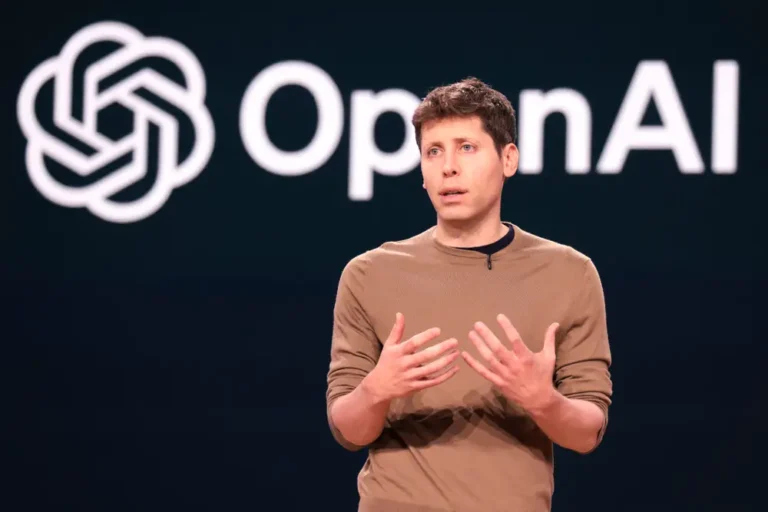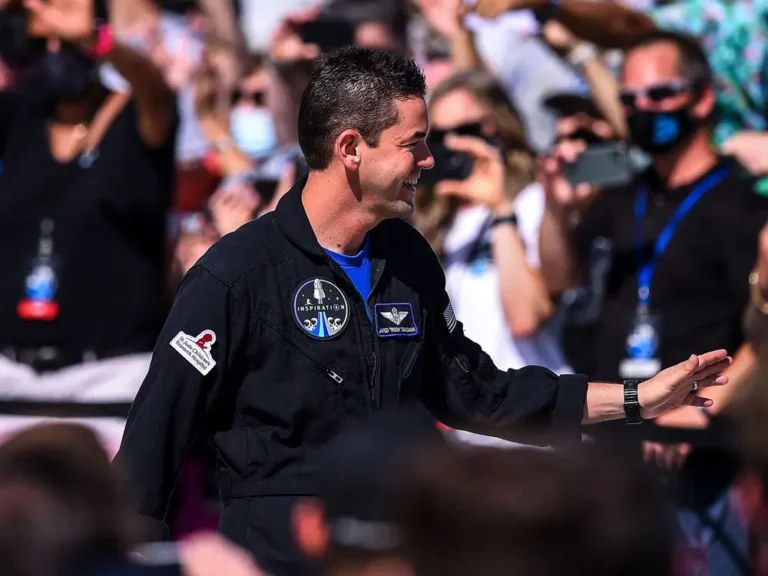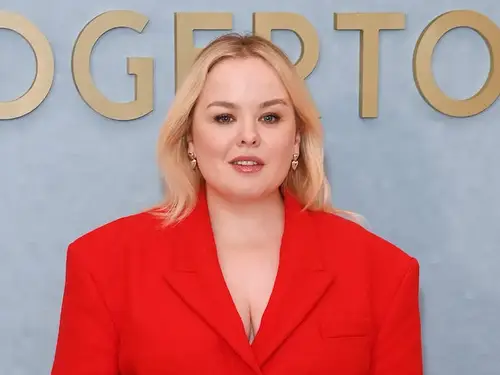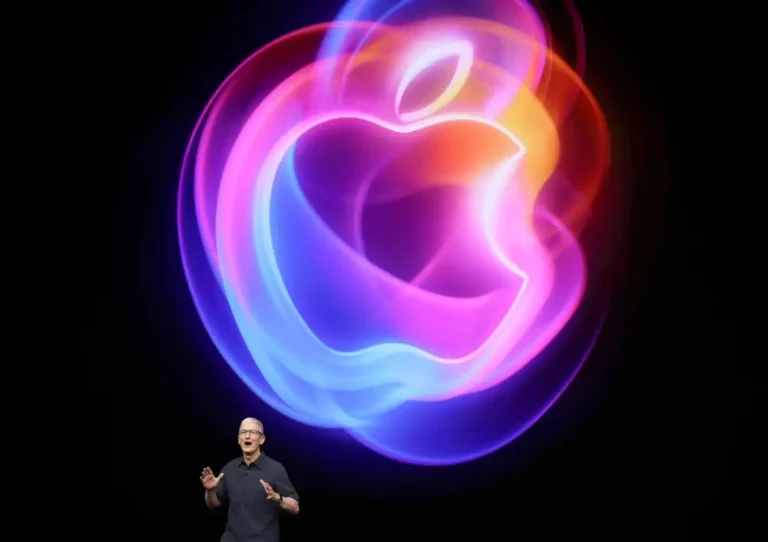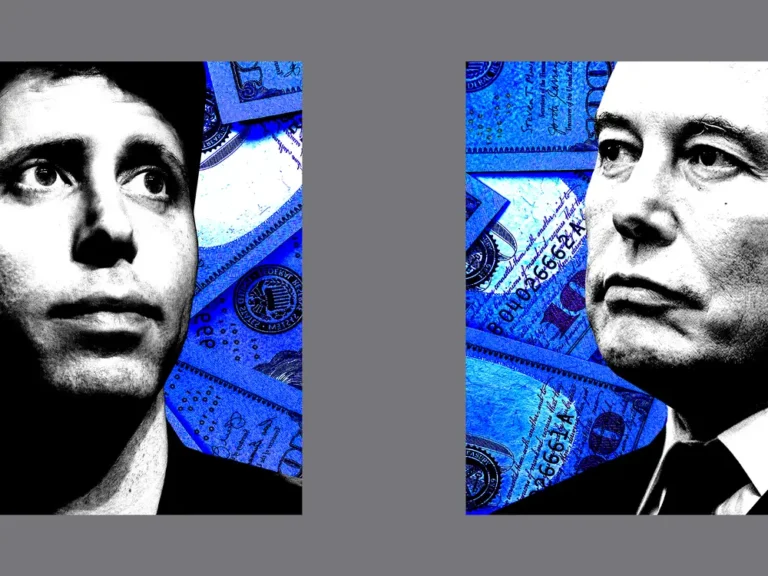OpenAI’s investors include Silicon Valley’s most prolific bubble chasers. Is that a bad sign for the company’s future?
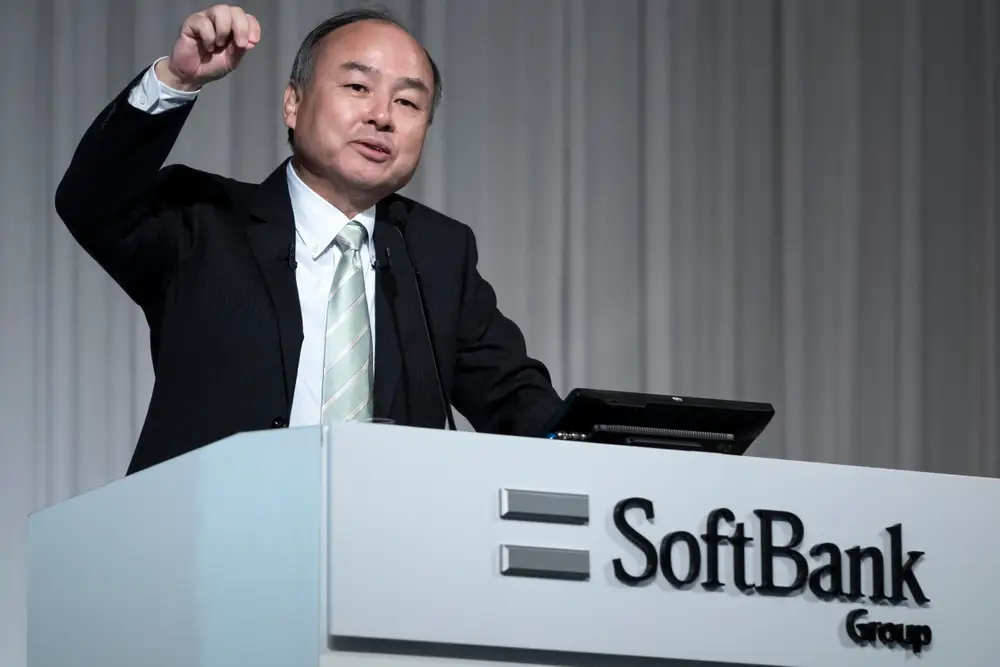
SoftBank’s boss, Masayoshi Son.
OpenAI has officially closed a historic funding round. The company raised $6.6 billion in a deal that valued the company at more than $150 billion and brought on a slew of high-profile investors, including Nvidia, Thrive Capital, and MGX, an investment firm backed by the United Arab Emirates.
Other firms that participated in the round are famous less for their business acumen and more for being some of Silicon Valley’s most prolific bubble chasers.
Among them was SoftBank, which famously poured $18.5 billion into WeWork, backing its cofounder Adam Neuman to the end, even as he left the company in shambles and collected more than $1 billion on his way out.
SoftBank CEO Masayoshi Son, known for his distinctive shoot-from-the-hip investing style, is said to have told Neuman that he was “not crazy enough.” SoftBank has a history of big bets that never paid off, such as a robotic-pizza-making startup, Zume, that chewed through $445 million before going bankrupt. SoftBank’s Vision Fund saw massive losses in 2023 and, more recently, has been selling off or writing down assets, laying off employees, and slowing its pace of new investments.
Tiger Global is also one of the firms that backed OpenAI in this latest funding round. In 2021, the firm led the charge of the so-called crossover funds, a group of investors that flooded Silicon Valley with Wall Street money, igniting a dealmaking frenzy and driving startup valuations to unsustainable levels. But the strategy ultimately backfired when valuations plummeted in 2022, leaving the funds overextended and with painful losses.
A partner at a top venture-capital firm told B-17 the OpenAI “financing seems very 2021,” in reference to the VC frenzy from that year that produced a slew of overvalued deals.
Cathie Wood’s Ark Venture Fund is doubling down on its investment in the ChatGPT maker, as first reported by B-17. Ark has the ignominious distinction of being the biggest wealth destroyer of the past decade, losing more than $14 billion with its moonshot bets on everything from genomics to cryptocurrencies, according to Morningstar.
You’d be forgiven for wondering whether these investors’ proven track record of getting in at the top is a bad indicator of OpenAI’s ability to grow into its staggering valuation. The company, which two years ago was a relatively unknown research collective, is now worth as much as Goldman Sachs or AT&T.
Notably absent from the list of OpenAI investors was Apple, which is said to have dropped out of the deal at the 11th hour. This comes just a few months after the two companies announced a partnership to integrate OpenAI’s technology into Apple devices. One can’t help but wonder why Apple CEO Tim Cook would be willing to put ChatGPT in the hands of billions of Apple users but unwilling to invest in the company that makes it.
Cook has developed a reputation in Silicon Valley as a stable and trustworthy counterweight to Tesla CEO Elon Musk and his ilk. Apple’s inclusion in OpenAI’s funding round may have gone a long way toward quieting doubts about OpenAI’s palace intrigue and general chaotic vibe.
A few weeks ago, this funding round was being talked about as the arrival of the adults in the room. It looks like they may have ended up with some rambunctious teenagers instead.

